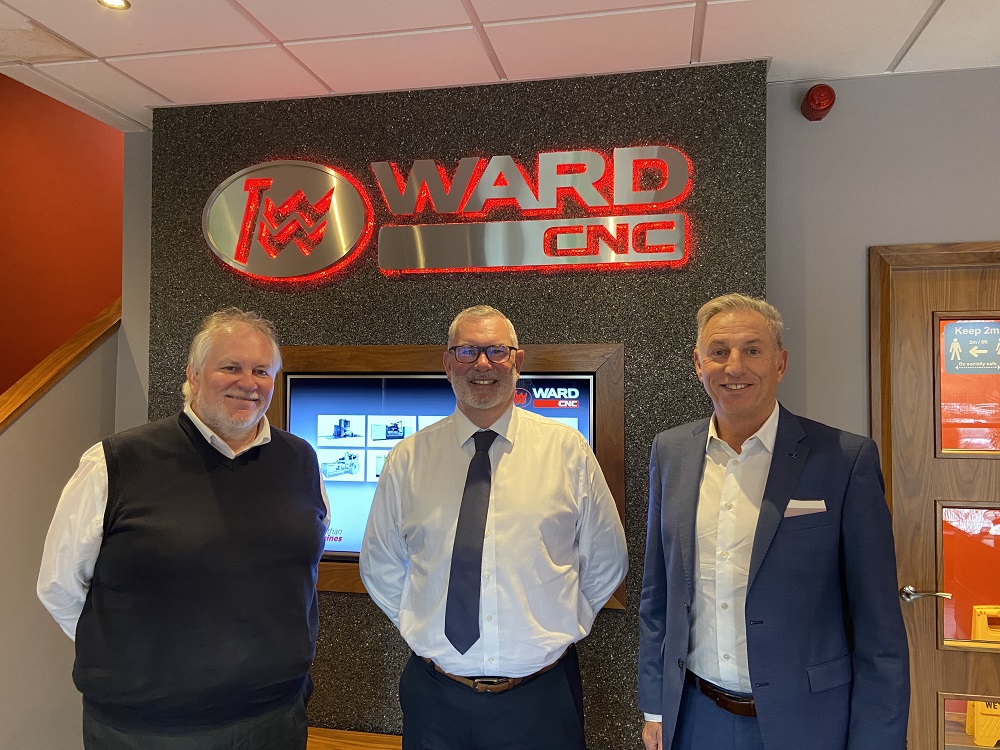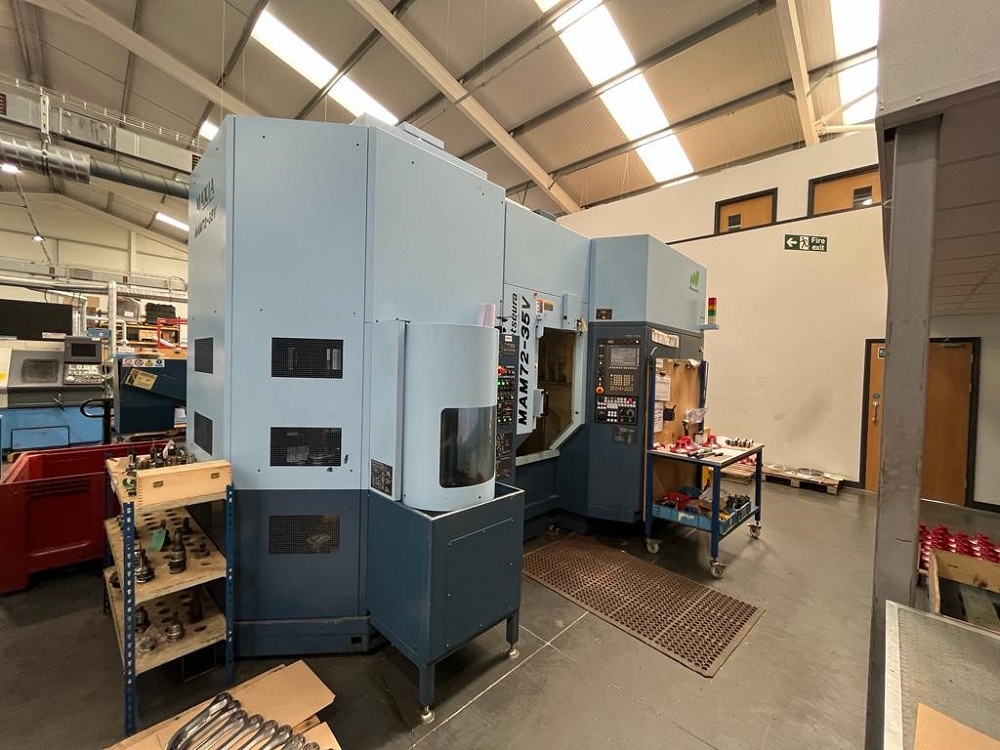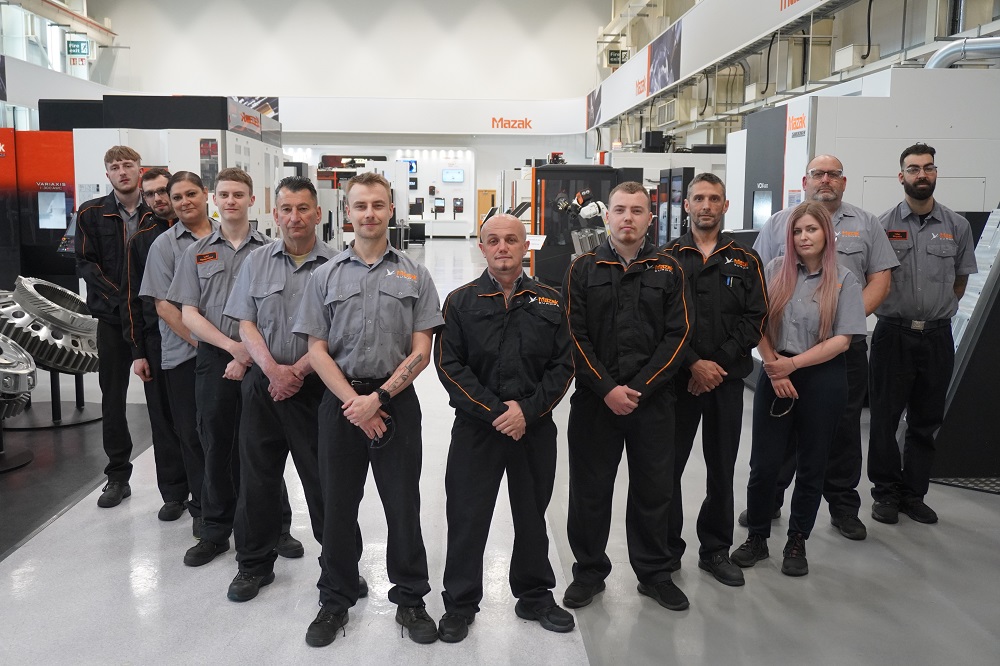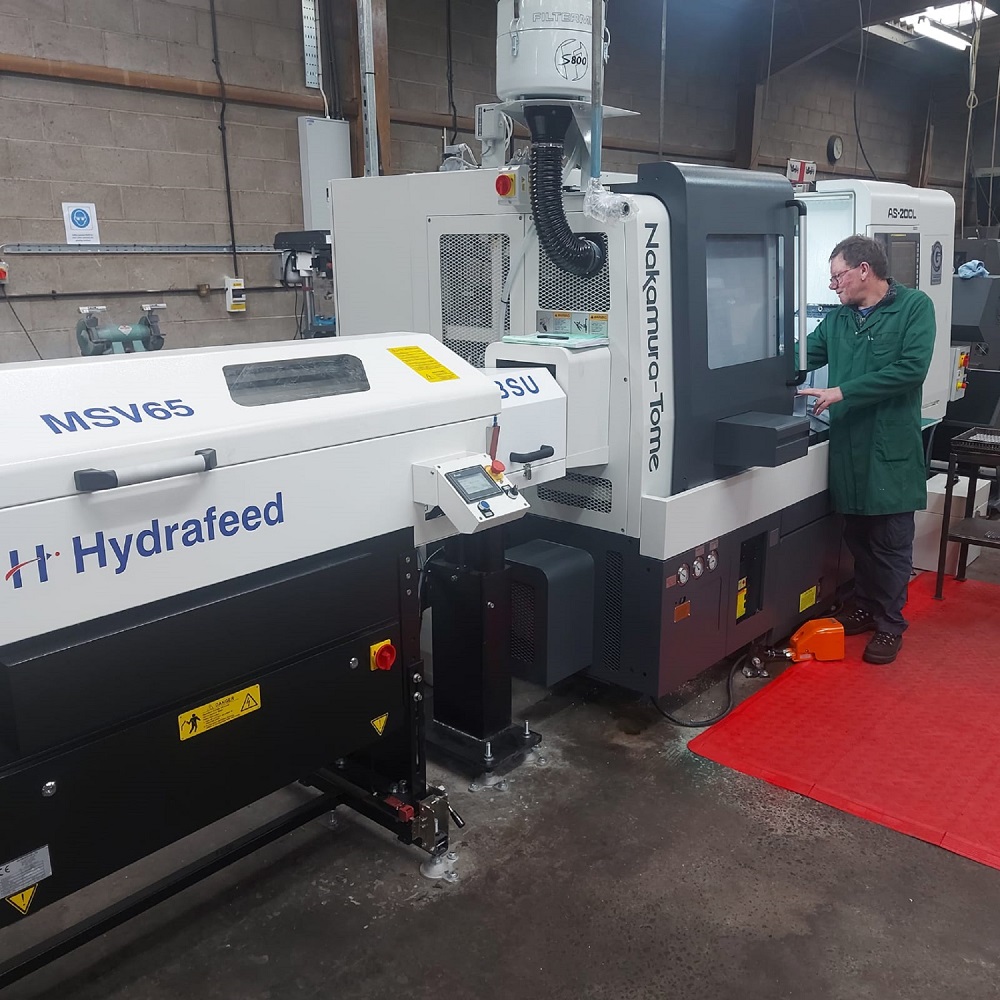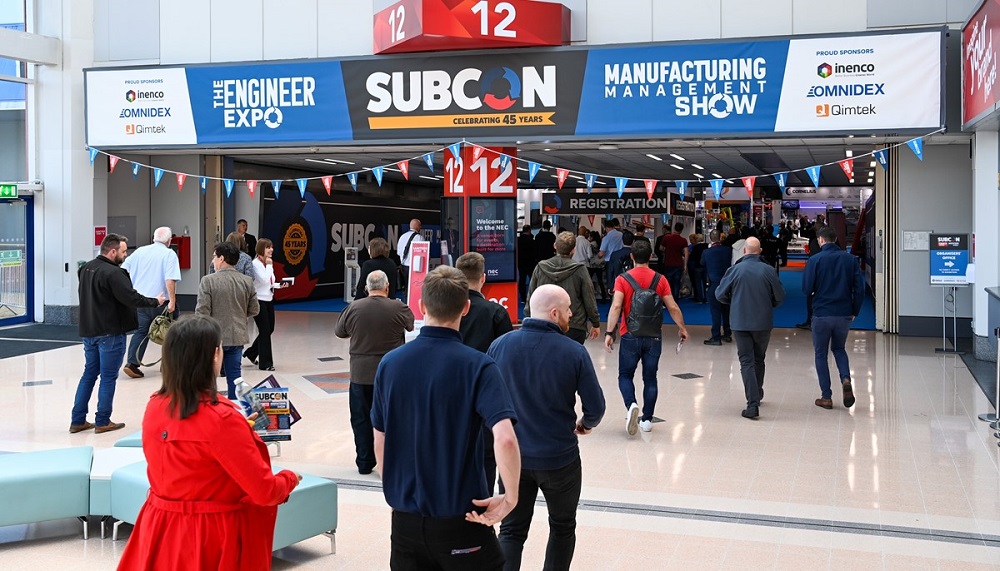Celebrating its 30th year of business, Tml Precision Engineering is a tier oneand tier two subcontract manufacturer that invests in the latest technology to service leading OEMs and supply chains in the aerospace, motorsport, medical and renewable energy sectors. To extend its competitive advantage, the Norwich-based company utilises cutting tools from Tamworth-based Industrial Tooling Corporation (ITC).
Working to ISO9001 and AS9100, Tml has invested in multi-pallet five-axis machine tools from Matsuura and DMG Mori, turn-mill centres from Mazak, and turning centres from Mazak and Nakamura-Tome. With high-quality machine tools offering extended periods of unmanned machining, the company was looking to improve its tool life while simultaneously reducing cycle times and, consequentially, its commercial advantage. An initial market review led to ITC based on service capability and technical support.
Local ITC technical engineer Dan Smith called intoTml and initially trialled several ITC 2041 series of solid-carbide end mills for aluminium machining. Applied to a series of battery system components for a Norfolk-based automotive OEM, the initial trial proved fruitful with productivity rates and tool life both improving. The improved results led to the 2041 series and other aluminium specific end mills seeing adoption on the shop floor. This success also gave the manufacturer confidence to trial the Widia range of indexable turning tools. Results were once again impressive.
The Widia Victory series of CNMG and WNMG indexable inserts from ITC for machining steel and stainless steel were applied for rough-turning a family of more than 10 different flow regulator and pipe assembly components. Machined on one of the company’s Mazak Integrex turn-mill centres, the ITC engineer swapped out the previous inserts and retained ‘like-for-like’ cutting data with the four-edged inserts. The ITC Widia Victory turning series yielded a tool life of 16 parts per edge compared with the previous four parts per edge. This significant tool-life saving is proving hugely beneficial for Tml, especially as the pipe assembly parts are high-volume components manufactured throughout the year.
One of the parts in the assembly was particularly challenging, as Smith recalls: “Acomponent manufactured from stainless steel bar has a seam weld that results in intermittent cutting, which is why tool life was an issue. However, the performance of the Widia Victory turning series massively improved tool life, while another benefit was reduced insert changeovers and subsequent cost reductions. To further reduce costs in the turn-mill department, we introduced the latest Widia WCE4 series of solid-carbide end mills. Using 3, 4, 6 and 8mm diameter end mills with variable helix flutes, tool life improved and the variable helix enhanced surface finishes and reduced vibration during machining.”
Following the earlier successes established for aluminium milling and the subsequent introduction of small diameter end mills to the turn-mill machines, ITC had an opportunity to look at other milling projects.
An aluminium component machined regularly by Tml in batches up to 100-off required 30mm of metal removal on the face. Previously, the company was using a four-flute solid-carbide end mill from a rival supplier, which was resulting in poor tool life and surface finishes, primarily due to vibration and poor chip evacuation. Furthermore, with poor surface finishes and excessive noise and vibration, Tml had to use one end mill for rough machining and a second tool for finishing. The ITC engineer rapidly eradicated this requirement with the introduction of a 16mm diameter ITC 4104 series aluminium roughing tool with chipbreaker. To maximise the rigidity of the set-up, Smith introduced a Big Kaiser HMC chuck to complement the end mill.
The combination of the 4104 chip-breaker end mill and the Big Kaiser HMC chuck enabled Tml to take a full flute 30mm depth of cut and run at 10,000rpm with a 1.8mm step over and a feed rate of 7200mm/min. On a batch of 80 parts, the ITC 4104 series proved to be a more cost-effective tool that subsequently reduced the cycle time by upwards of 20% while improving the surface finish substantially – to the point that a secondary finishing tool was not required. The single tool machined the entire batch of 80 parts and saved more time with no additional tool changeover or cost implications.
In combination, the benefits of the respective tools have been significant after just six months of working with ITC. However, the most impressive result to date was the latest part subjected to ITC optimisation.
A large EN8 component for the entertainment industry requires 77% material removal, taking the part from 9kg down to just 2kg. On the rough facing of the component, Tml was previously applying a face mill, which was yielding a roughing cycle time of 1.5 hours. The ITC engineer swapped out the face mill for an ITC 16mm diameter 6054-16 series six-flute end mill with a chipbreaker. With a 50mm flute length, the 6054-16 series cut at a full 50mm flute depth with a 0.8mm step-over and a cutting speed of 4777rpm. Cutting with such aggressive material removal rates on a Matsuura MAM72, the stability of the end mill saw further enhancement with the deployment of a Big Kaiser HMC chuck that offers complete face and taper contact. The combination of the chuck and 6054-16 series end mill cut the roughing cycle from 1.5 hours to just 15 minutes. With a quantity of 60 parts, the cycle time reduction is equal to more than three days of machining.
Most engineers would be happy to deliver such a substantial saving for a customer, but not the engineers at ITC. On the same part, Smith identified an opportunity to remove a 90° indexable end mill for interpolating bores. Replacing the indexable tool with ITC’s solid-carbide 4081 series of four-flute end mills with AlTiN coating, another 45 minutes were shaved from the cycle time, taking the complete cycle time from 3 hours to just over 60 minutes.
Concluding on the working relationship with Tml, Smith says: “We’ve worked with Tml for a little over six months, but the results have been exceptional. This is a credit to the receptiveness of Tml to adopt new techniques that improve their cycle times and reduce tooling costs and consumption.”
For further information www.itc-ltd.co.uk






